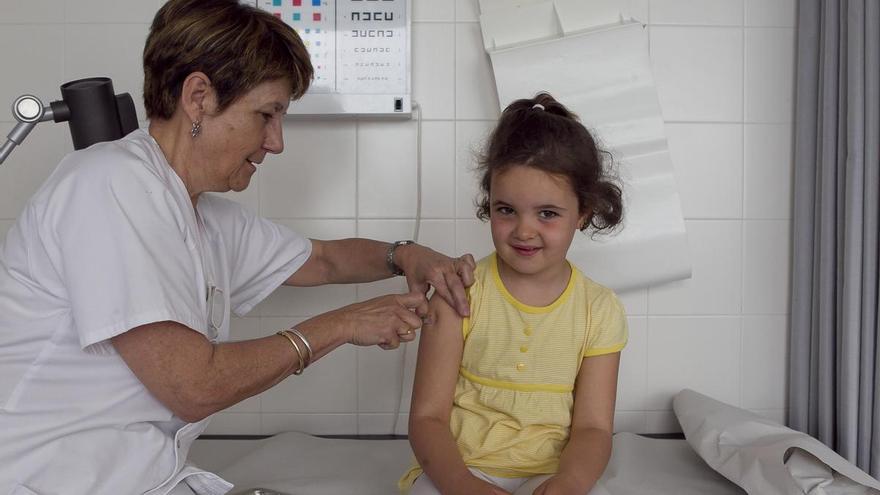he Streptococcus pneumoniaePneumococci are one of the leading causes of acute and invasive respiratory infections in all ages. It mainly affects both ends of life, children and adults, and results in significant hospitalizations. The study showed that the hospitalization rate for this bacterium among children under 1 year old was 18.6 cases per 10,000 residents, decreased with age until adolescence, and increased again with age until reaching 18.6 cases per 10,000 residents among residents over 85 years old. 65.75 cases per 10,000 residents.
One of the main diseases caused by pneumococcal bacteria is pneumonia, an acute respiratory infection that affects the lungs and can be caused by viruses (influenza, respiratory syncytial virus, rhinovirus, etc.), fungi, or bacteria. In addition to pneumonia, it can cause other illnesses, such as: Otitis media, pneumococcal meningitis, and bacteremia and sepsis.
This was revealed at a meeting organized by Biopharmaceutical company Merck – Within the framework of World Pneumonia Day on November 12 – doctors took part in this event Fernando Baquero Mohales – Research Professor in the field of biology and microbial evolution at the Ramón y Cajal Institute of Health (IRYCIS) – and his son, Fernando Baquero AtigaoCoordinator of the Infectious Diseases Department Pediatric Clinic, University Hospital La Paz, Madrid.
Spain has a lower incidence rate
in Spainthe use of pneumococcal conjugate vaccines helps reduce the incidence of vaccine serotypes causing invasive and non-invasive disease in vaccinated childrenJust like unvaccinated people and adults.
“Systemic pneumococcal vaccination in children could reduce disease burden and the most severe cases,” the pediatrician said.
“Systematic pneumococcal vaccination in children represents a before and after burden reduction Disease and the most severe cases. The most vulnerable are children under 5 years old and especially those under 2 years old,” explained Dr. Fernando Baquero Mochales, also of the Health Service. Microbiology at Ramón y Cajal Hospital (Madrid), is a researcher in Group 33 of the Institute Epidemiology and Public Health Network Biomedical Research Center (Network ESP).
Pneumococcal conjugate vaccine provides greater long-term protection and targets the nasopharynx in children
“The development of pneumococcal conjugate vaccines represents a huge advance because they provide more robust long-term protection and act in the nasopharynx of children, This is the main source of transmission of the disease”, added.
The scene after the epidemic
Although in 2020, The first year of the pandemicCases of invasive pneumococcal disease will decrease significantly in the under-2 age group by 2022, coinciding with the end of non-pharmaceutical measures, experts say A return to pre-pandemic levels observed.In fact, between 2022 and 2023, we have already seen Serotype 3 ‘significantly increased’ in childrenalso became the dominant Adults over 65 years of age.
“It is essential to have a strong epidemiological surveillance system to assess at any time the most prevalent serotypes,” the pediatrician stresses.
“Given the evolutionary nature of bacteria, it is necessary Have a sound epidemiological surveillance system Always evaluating the most prevalent serotypes, enabling the strategy to be modified by combining vaccines that best meet the needs of each moment,” the doctor added Fernando Baquero Atigao.

